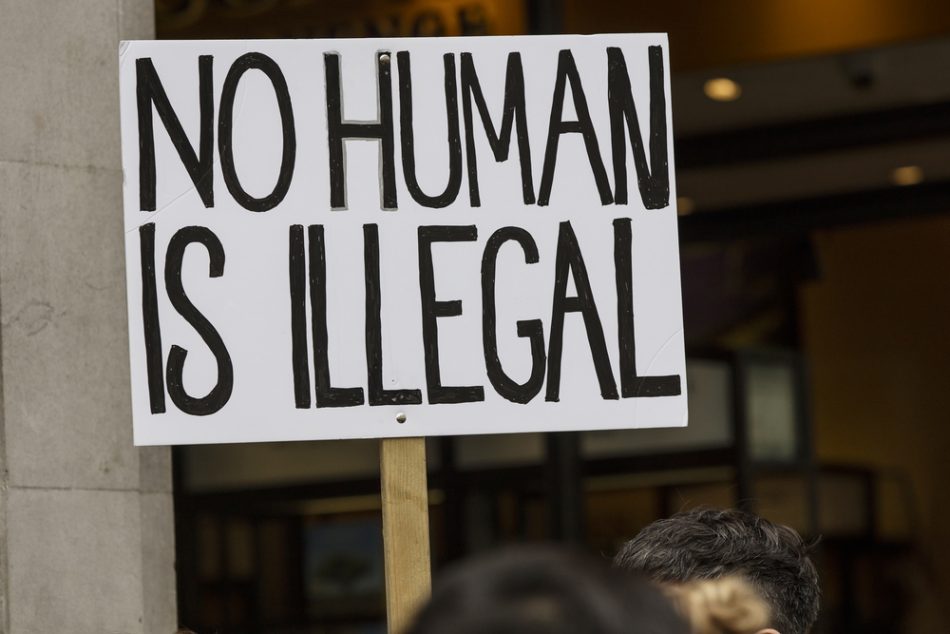During the pandemic, borders and doors alike closed across the globe. Unfortunately, war, conflict, and persecution continued as normal, forcing millions to flee and leave everything they knew behind. In 2020, the highest number of displaced people ever recorded was reached, at 82.4 million, increasing by 2.9 million from the year before.
Regardless of location or circumstance, all these people want the same thing: safety, opportunity, and basic human rights. However, a George Orwell paraphrase sums up the preposterous reality of the situation perfectly: all people are equal, yet some are more equal than others.
The Ukrainian bias
Since war broke out in Ukraine in February 2022, the whole world has had empathy and understanding for the people being unfairly pushed out of their homes and into life-threatening conditions. We’ve seen many inspiring stories about individuals who have risked their lives to deliver aid and donated huge amounts to help the cause. But this incredible, faith-restoring response shouldn’t just be a one-off.
Many other displaced people are dropping off our radars. Take Syria for example, the humanitarian crisis here is in the worst state it’s ever been, with more than six million people fleeing their country and around the same number displaced but trapped inside. Nearly all of these people are food insecure, without education, subjected to abuse, and extremely stressed. All of this leads to a decreased life expectancy, worse overall health, and increased suicide rates.
Ukraine’s humanitarian appeal was funded in a record time, whereas only 40 percent of Syria’s needed funds for the whole of 2021 were reached. That’s 60 percent of urgent food, water, education, shelter, and overall safety needs not being met. Syria is just one of many examples that are being ignored, with the situation in numerous other countries including Afghanistan, Congo, Yemen, and Venezuela also in crisis mode.
What can we do to change this?
How the response in Ukraine has played out is wonderful and shows the kindness and giving the human spirit carries. However, it’s time we start treating all refugees with the same importance no matter where they are from and what their circumstance is.
There are several ways we can do this. The first is by simply evening out the time you spend learning about different refugee groups. By researching why people are fleeing and what events have caused this, you are developing equal empathy and importance to all situations.
Another is by going to protests against the injustices being committed against refugees from around the world, just like a large percentage of the world did for Ukraine. Here, we, the people, can have our voices heard and demand better from governments and the media while simultaneously raising awareness about the issue.
Finally, if you can donate, consider splitting that money between multiple appeals.










